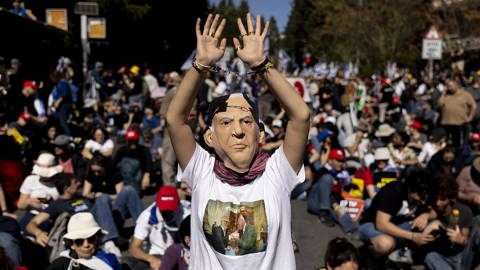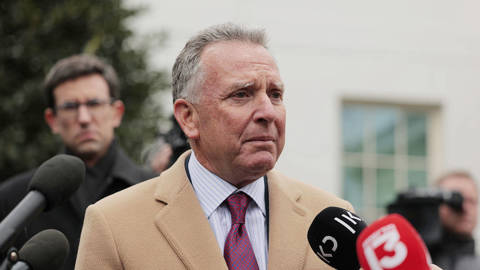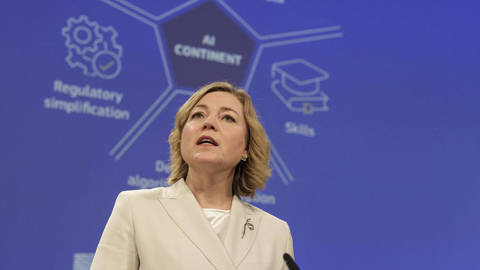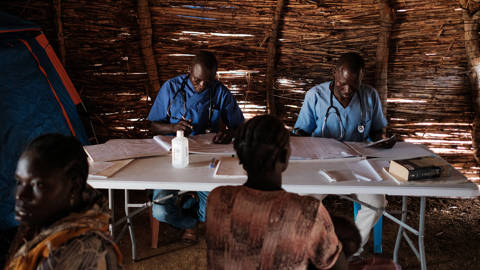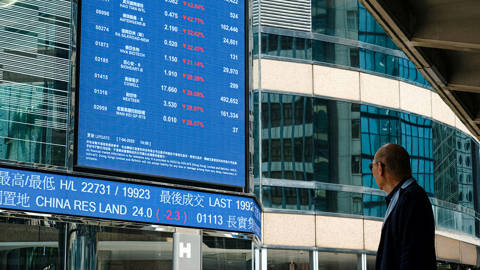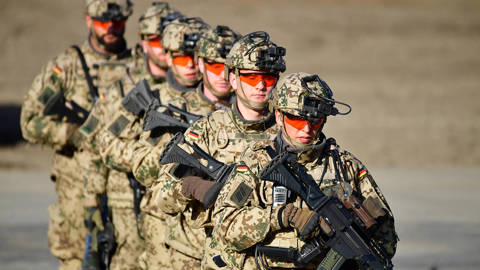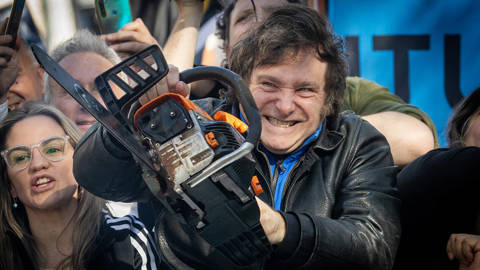Minouche Shafik
Minouche Shafik, a former president of Columbia University and the London School of Economics, is a member of the House of Lords and the author of What We Owe Each Other: A New Social Contract for a Better Society (Princeton University Press, 2021).
-
World Order in a Time of Monsters
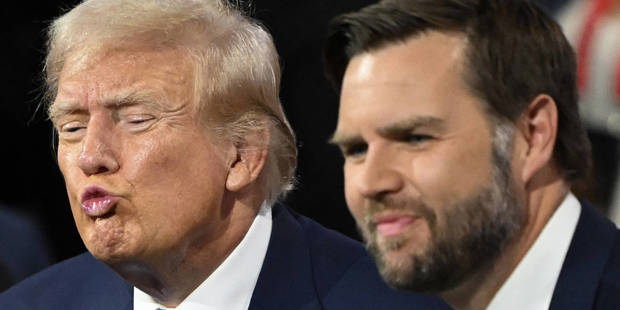
World Order in a Time of Monsters
Feb 7, 2025 Minouche Shafik highlights the critical importance of reinvigorating social contracts at the national level.
-
The Pandemic and Our Broken Social Contracts
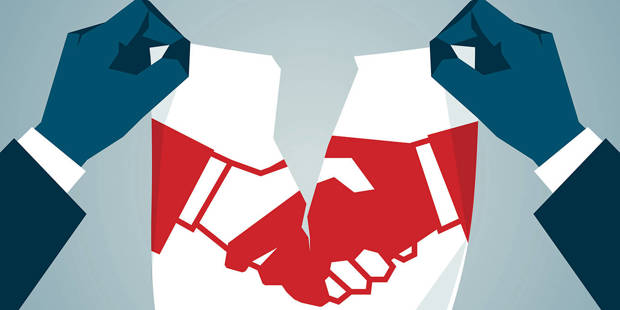
The Pandemic and Our Broken Social Contracts
Jan 21, 2022 Minouche Shafik shows why confronting problems like COVID-19 will require a broader political overhaul.
-
Toward a New Social Contract
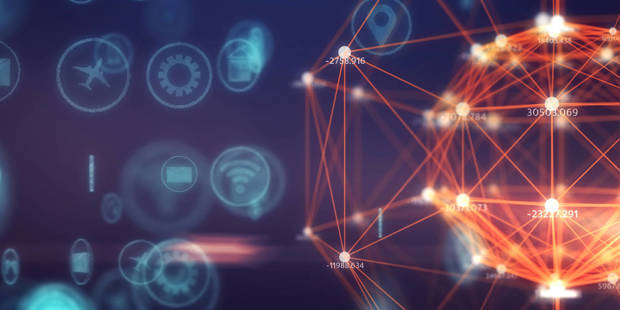
Toward a New Social Contract
Dec 26, 2019 Minouche Shafik explains how welfare states will need to change to manage demographic, technological, and economic pressures.
-
Restoring Trust in Expertise
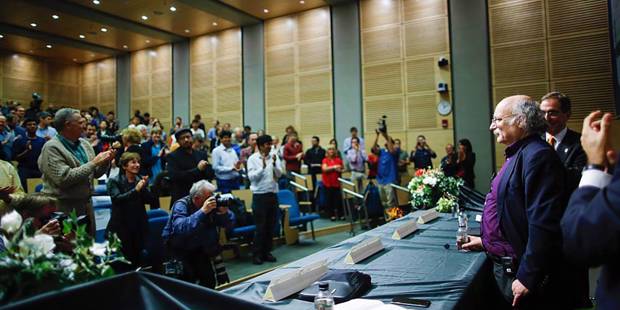
Restoring Trust in Expertise
Mar 1, 2017 Minouche Shafik proposes several steps to revive public trust in those shaping consequential policy decisions.
